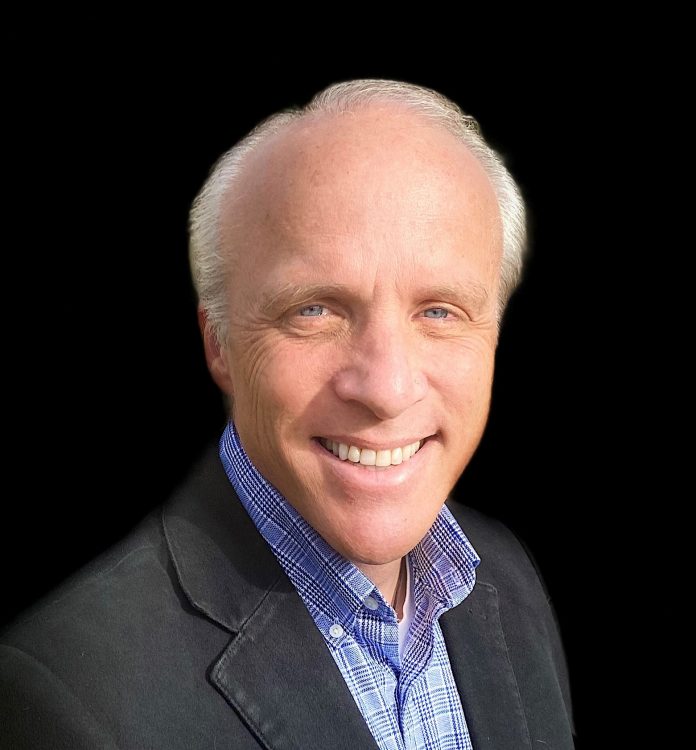There are alternatives.
Prof Peter Gluckman spoke at our annual meeting.
He made the point that New Zealand often lacks vigorous, informed debates on policy issues.
In that spirit, I’d like to be a bit provocative about inflation.
Inflation is a bit high at the moment, so the cost of living is going up. Lots of commentators have ideas for what to do. Bank economists have said that, unfortunately, unemployment has to rise.
The impact? 50,000 people would lose their jobs.
Bureaucrats are accused of spending other people’s money.
I’d suggest that bank economists are sacrificing other people’s jobs.
Putting thousands of people out of work and keeping them unemployed for a couple of years — which is what they are talking about — hurts people, families and communities.
It also may not be necessary.
The total economy is hot — there is too much demand given the output we can produce.
That demand comes from three places: government, employees and shareholders.
They all get income and try to spend it.
Some commentators have suggested that government could spend less.
That’s true, of course.
The difficulty is always which bit of spending to reduce.
That’s why we have elections — for the public to help decide that question.
Bank economists and the Reserve Bank have said that, if government won’t reduce its spending, then employees have to take the hit.
They have described the situation as a fight between treasury and the Reserve Bank.
Employees are just collateral damage.
How about the third group?
Shareholders could help reduce demand, too.
For example, banks made a profit of $1.7 billion in the June quarter, 19% more than a year ago.
Banks could charge less, helping their clients directly and helping to cool the economy.
This may sound like the wild ravings of a lunatic. But it matters for places like Central Otago.
Who buys the petrol and groceries in our towns?
Who pays the school fees or hires local tradies?
People with jobs support families and communities.
When banks say that more people should be out of work, that also means taking spending out of local communities.
If we are looking for ways to cool the economy to reduce the dollars being spent by government, employees and shareholders, maybe we could look at all the options.
Let’s have a robust, informed debate about who gets paid and where the money goes.





